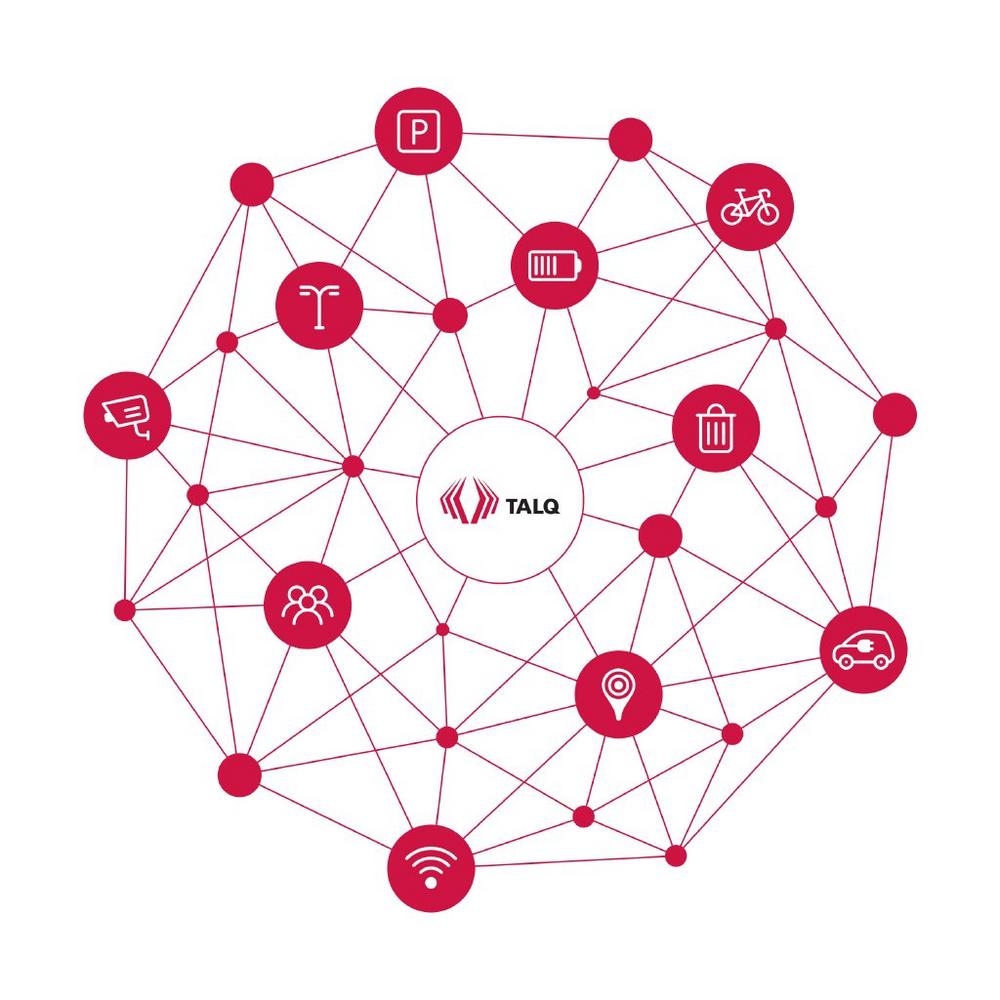Smart city flagship projects across the world prove conclusively that real ‘smart’ solutions will be achieved through effective collaboration between different providers, facilitated largely by the adoption of international standards to enable interoperability and the acceleration of innovation. In the coming five years, smart outdoor lighting is expected, by most, to be the largest adopted solution in a smart city. This is why the TALQ Consortium in 2012 decided to start developing a standard enabling interoperability between street lighting communication networks in the field and the software platforms managing applications via these networks. The goal has always been – and continues to be – to support cities and municipalities on their way to becoming smart cities by protecting them from vendor-lock-in and, in turn, accelerating adoption of energy- and cost-saving systems.
First TALQ certified products
Several lighting manufacturers – delivering both software and hardware products – took part in the recent plug fest, and successfully passed the associated rigorous certification process. These represent the first certified TALQ-compliant outdoor lighting system components and will be published in November 2017. These certified products offer cities and municipalities more flexibility, a larger product choice, reduced investment risk, assurance of future-proofed technology decisions and greater operational savings.
The TALQ Consortium is a non-profit organization and generally open for companies in the smart city environment to join. Member companies benefit from the collaborative development of an interface technology standard as part of the first movers as well as from competitive advantages when integrating the TALQ Smart City Protocol in their products and achieving TALQ certification. “With the extended scope we expect to grow our membership base notably in 2018. And we are convinced that the new application areas, such as smart parking, traffic and waste management will stimulate many highly interesting discussions to solve technology and interoperability problems for cities in the long run”, comments Simon Dunkley, Secretary General TALQ Consortium, on the enlarged focus of the organization.
Founded in 2012, the TALQ Consortium is establishing a globally accepted standard for management software interfaces to control and monitor heterogeneous smart city applications. The TALQ Smart City Protocol is a specification for information exchange, suitable for implementation in various products and systems. This way interoperability between Central Management Systems (CMS) and Outdoor Device Networks (ODN) from different vendors will be enabled, such that a single CMS can control different ODNs in different parts of a city or region.
TALQ is an open industry consortium consisting of currently the following member companies:
Current – powered by GE, Harvard Engineering, Philips Lighting, Schréder, Streetlight Vision, Telensa, UVAX Concepts, Bouygues Energies et Services, CAOS Computersoftware, CAPELON, Cimcon Lighting, citelum Citègestion, Continental Automotive, DimOnOff, Dongguan Kingsun Optoelectronics, Future Intelligence, HEI Technology Interantional, infomir, Itslux Limited, LED Roadway Lighting, Lightronics, Lucy Zodion, Mayflower Complete Lighting Control, ncs, novaccess, Petra Systems, Silver Spring Networks, Sinapse Energia, TRIDIUM, Tilliant, Unicoba Energia, Zumtobel.
For more information visit www.talq-consortium.org
TALQ Consortium
445 Hoes Lane
USANJ 08854 Piscataway, NJ
Telefon: +1 (732) 562-6037
Telefax: +1 (732) 981-9473
http://www.talq-consortium.org/
TALQ Communications Consultant
E-Mail: talk2@talq-consortium.org
